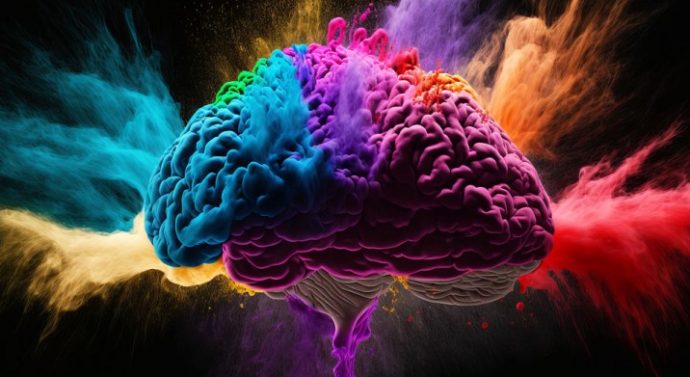
Generative AI: Signalling the End of Traditional Assessment Methods and the Need for Educational Reform
News, Online Service, Online Services, TV, Uncategorized April 17, 2023 No Comments on Generative AI: Signalling the End of Traditional Assessment Methods and the Need for Educational ReformGenerative AI: Signalling the End of Traditional Assessment Methods and the Need for Educational Reform
Generative AI has made significant strides in recent years, revolutionizing various industries, including education. AI models like OpenAI’s ChatGPT have transformed natural language processing (NLP), enabling the development of AI-driven educational tools and assessment methods.
Generative AI: A Double-Edged Sword in Education
Generative AI models have shown great promise in enhancing the educational experience for both students and educators. These models can provide personalized tutoring, generate contextually relevant responses, and even grade essays automatically. However, their widespread adoption has also led to some unintended consequences.
The Shortcomings of Traditional Assessment Methods
Traditional assessment methods, such as standardized testing, written examinations, and multiple-choice quizzes, have long been the foundation of the educational system. However, these methods have their share of limitations:
- Emphasis on Memorization: Traditional assessments often encourage rote memorization of facts and figures rather than fostering critical thinking and problem-solving skills. This approach leaves students ill-prepared to tackle real-world challenges and adapt to the ever-changing demands of the modern workforce.
- Lack of Personalization: Traditional assessments often fail to cater to individual students’ needs and learning styles. Consequently, they may not accurately measure a student’s true understanding and mastery of a subject.
- Inefficient and Time-Consuming: Traditional assessment methods can be labor-intensive for educators and time-consuming for students. The time and effort spent on grading and administering these assessments could be better utilized for more engaging and effective teaching and learning activities.
Addressing the Challenges: The Need for a Shift in Educational Approaches
To counter the negative consequences of generative AI on education and traditional assessment methods, a shift in educational approaches is necessary:
- Reimagining Assessment: Educational institutions should consider adopting alternative assessment methods that prioritize critical thinking, problem-solving, creativity, and collaboration over memorization. These methods could include project-based assessments, presentations, peer evaluations, or open-ended questions that challenge students to think critically.
- Encouraging Academic Integrity: Schools and universities should implement measures to promote academic integrity. This could include incorporating plagiarism detection software, emphasizing the importance of original work, and providing guidance on the ethical use of AI in education.
- Cultivating Digital Literacy: Educators should teach students about digital literacy and responsible AI usage, helping them understand the potential consequences of using AI-generated content for assessments. By fostering a culture of responsible AI use, students can better navigate the digital landscape and make informed decisions about when and how to utilize AI in their learning journey.
- Assessment Method Reforms: School and universities need to have policy reforms rather than banning the use of AI. Paper-based assessments are thing of the past. That further contribute to un sustained approached. The actual problem lies in the current outdated methods than the use of latest technologies.
While generative AI has undoubtedly revolutionized education, its growing influence has also highlighted the shortcomings of traditional assessment methods and the potential pitfalls of relying on AI-generated content for assessments. To address these challenges, educational institutions must adapt and embrace new approaches that prioritize critical thinking and problem-solving while fostering a culture of academic integrity and responsible AI use. By making these crucial changes, we can ensure that the educational system remains relevant and effective in preparing students for the future.
Leave a comment